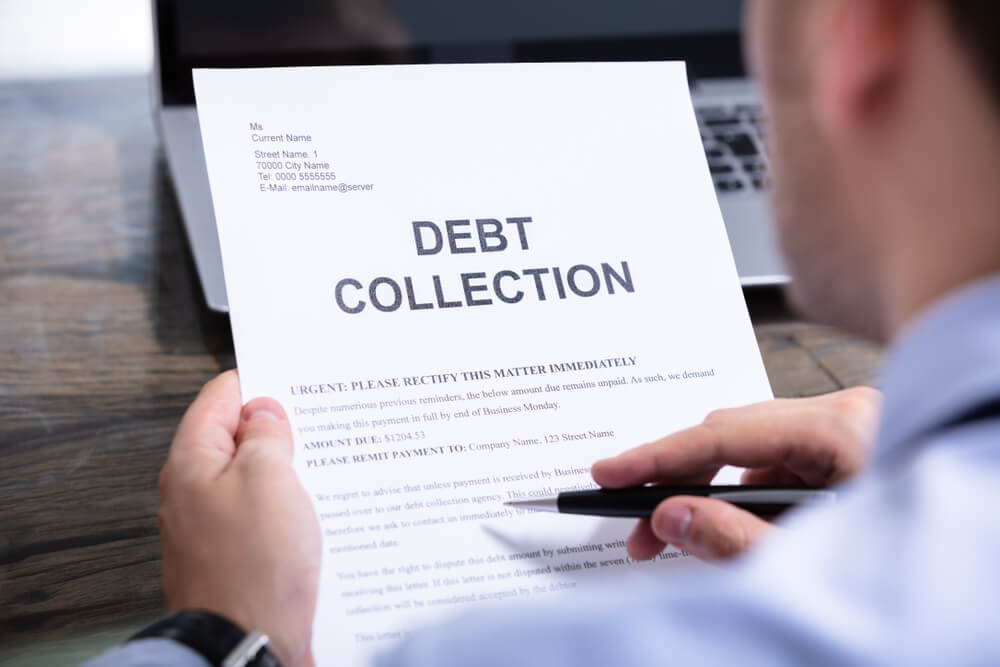Big changes may be coming for New York state consumer debt collectors. Who, exactly, falls under that title? According to the New York Banking Superintendent, “Any person who engages in a business, a principal purpose of which is the collection of consumer debts or of debt buying, or who regularly collects or attempts to collect, directly or indirectly, consumer debts owed or due to another person.” If this definition applies to you, prepare for sweeping new legislation.
What is the current process for debt collection agencies in New York?
Licensing requirements already exist for debt collectors operating in some of the most populous parts of New York State: Buffalo, Yonkers, and New York City specifically. Unique licensing requirements exist in each municipality, including the requirement to obtain, in some cases, a specific type of surety bond known as a collection agency bond in a specific amount. A proposal included as part of the 2021 New state budget would require most if not all the consumer debt collectors in New York State to complete the requirements to obtain a license. Somewhat confusingly, this bill would not replace or supersede the existing municipal licensing laws. Rather, it would extend licensing requirements to debt collectors who operate outside of New York City, Yonkers, or Buffalo. As part of those licensing requirements, individuals would need to obtain a New York debt collector surety bond.
What do surety bond requirements exist?
State governments and regulatory agencies use things like New York debt collector surety bond requirements as a means to regulate sensitive industries such as debt collection. This type of surety bond holds the bonded party (in this case the debt collector) financially responsible for violating state laws governing where, when, why, how, and to what extent someone may legally collect a consumer debt. If they violate those laws and it results in damages for an individual, that person or the state agency responsible for regulating debt collectors may file a claim against the surety bond seeking financial compensation equal to the damages. For example, if a debt collector manages to collect a larger sum than a debtor truly owes, the person negatively affected may file a claim for the extra amount paid. Provided that the claim proves to be true following an investigation, the surety agency that backs the bond automatically settles it in full. After settling, the surety agency uses whatever legal means available to collect the amount of the settlement from the bonded party – the party that accepts financial liability for all valid claims as part of the surety bond agreement. Surety bond requirements like the one proposed in the most recent state budget discourage unlawful and otherwise negative behaviors by making it impossible for offenders to escape the damage and financial consequences that result from their misconduct.
Who are the parties involved in a New York State Debt Collector Surety Bond?
Surety bond contracts involve an agreement between three equal parties:
- Principal – The bonded party who pays to obtain the surety bond and pays to settle valid claims. The principal is the debt collector
- Obligee – The surety bond holder who writes the requirements and has the right to file claims for damages. The obligee is the state agency that regulates debt collection.
- Surety – The agency that issues the surety bond to the principal and guarantees payment for valid claims to the obligee. The surety agency is only an intermediary: whenever it pays to settle a claim the principal must pay that debt back with interest and fees added.
How much will a New York State Debt Collector Surety Bond cost?
The changes proposed in the 2021 state budget would require debt collectors to have a $25,000 surety bond to obtain a license and keep that bond in good standing to maintain their license. The dollar amount attached to a surety bond refers to the maximum total a surety agency agrees to pay out in claims. However, the surety bond cost (called the premium), is a small percentage of the total bond value – meaning it may only cost a few thousand dollars to meet the proposed New York debt collector bond requirements. How much an individual debt collector pays depends on their credit score and financial history. Scores below 700 or financial blemishes like a bankruptcy will result in more expensive premiums. However, bad credit doesn’t have to result in a denial or an exorbitant price with the help of Viking Bond Service.
What is the status on the bill?
It passed when the legislature approved the Governor’s 2021 budget bill. Henceforth, all debt collectors throughout New York state will need to obtain and maintain a surety bond as part of the professional licensing requirements.
What’s the next step for debt collectors?
Since it’s now illegal for debt collectors to operate without a license or a surety bond, finding a surety agency to partner with is the next step. Find one that’s able to write New York debt collector surety bonds, which may be difficult since this type of bond is brand new. Applying for a surety bond involves completing an application, submitting a copy of the surety bond requirements, supplying a financial statement, and agreeing to a credit check. The surety agency will then quote a price for the premium. Upon receiving payment, the surety bond activates for 12 months, and the bonded party receives a document proving they’ve met the New York debt collector surety bond requirements.
Viking Bond Service for New York Debt Collector Surety Bonds
Surety bond requirements shouldn’t be a hassle or a financial obstacle for New York debt collectors. That’s the philosophy of Viking Bond Service: A nationwide surety agency that moved quickly to start issuing New York debt collector surety bonds. Get yours by completing our online bond application. Or get more information first: you can call our team of bond experts at 1-888-278-7389 or contact us through the form on this page.


